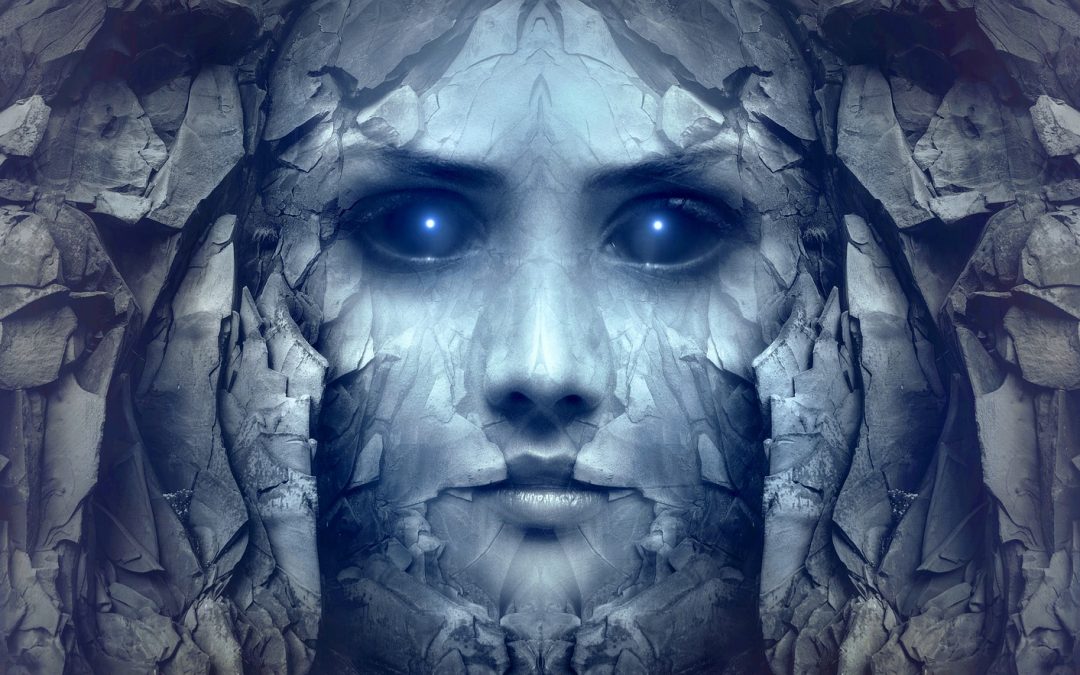The world is on a major reset due to a virus that nobody saw coming. How could we have prepared for something that came swiftly out of left field? Truth is: we couldn’t have. All around the world, people have had to make adjustments to their work, love and play. Adjustments that have been required of us for the “collective good”. But for how long and at what other costs must we remain under these restraints?
The official term for what people are experiencing right now is “collective trauma”. According to mental health experts Louise Bradley and Marika Sandrelli’s article in today’s Province newspaper,
” … collective trauma stems from the “fight, flight or freeze” response that asserts itself when a stressful event shatters our sense of security. … We may experience everything from feelings of helplessness, shock, denial or disbelief. We may find ourselves easily confused, have difficulty focusing and have sleepless nights. Some of us will be identifying with every possible negative outcome, while others may feel strangely detached. Even more disconcerting may be the dissonance we experience when we catch ourselves feeling moments of joy.”…
When we experience a trauma, our world and our being are shaken to the core. Security, belonging, trust and abilities to cope and survive are shattered. Trauma makes us believe that we are powerless to do something about it. By making us feel like victims, trauma gains its greatest victory. But trauma is forgetting one thing: humans have the capacity to do great things under great adversity. It is under such challenges and adversities that our greatest personal growth and power can be realized.
The gift of trauma is the suffering it creates. Suffering takes us to the deep, dark places of our psyche and soul and asks us to be brutally honest about ourself, our life and our world. It asks us to define and explain what we really believe and what is important to us. Then, it asks us, “What are we prepared to say and do in order to stand up for our truth? To stand up for our life?” In essence, suffering helps us to define our personal truth, feel our personal power and live in alignment with ourselves and highest truth. But this process is not quick and easy. However, it is life changing
Another quote from the Bradley and Sandrelli article states,
“… But in today’s society, in our unyielding quest for happiness, we’ve lost sight of the value of being still with our suffering. We may be more comfortable with the idea of trauma can have no value because a different possibility would require us to dig into the hard work of introspection. Nothing worth doing is easy – something especially true for those able to reframe their negative experiences as avenues to greater self-awareness, heightened compassion and deeper relationships – yet those are exactly the kinds of insights that researchers have consistently correlated with post-traumatic growth.”
Other researchers have acknowledged that traumatic experiences do cause suffering, but suffering is only a part of a much bigger experience. It can offer the opportunity to look deeply into one’s own being, relationships and life circumstances and create changes that are happier, healthier and more in alignment with one’s own personal truth and power. As ever, it is always under your control as to how you wish to respond to trauma and suffering. Your decision – your move – your way, always.
With the gift of time we’ve been given right now, and the usual distractions in life reduced, what an opportunity to dig deeply, go within, release that which holds you back and then create something more wonderful for yourself. And your world.
Did you know …
- Lilacs and Jasmine belong to the same botanical family
- Cinnamon is helpful with digestion, blood sugar regulation and dental health
- Heart chakra colours are green and pink; green for physical heart and balancing, pink for emotional heart and love

